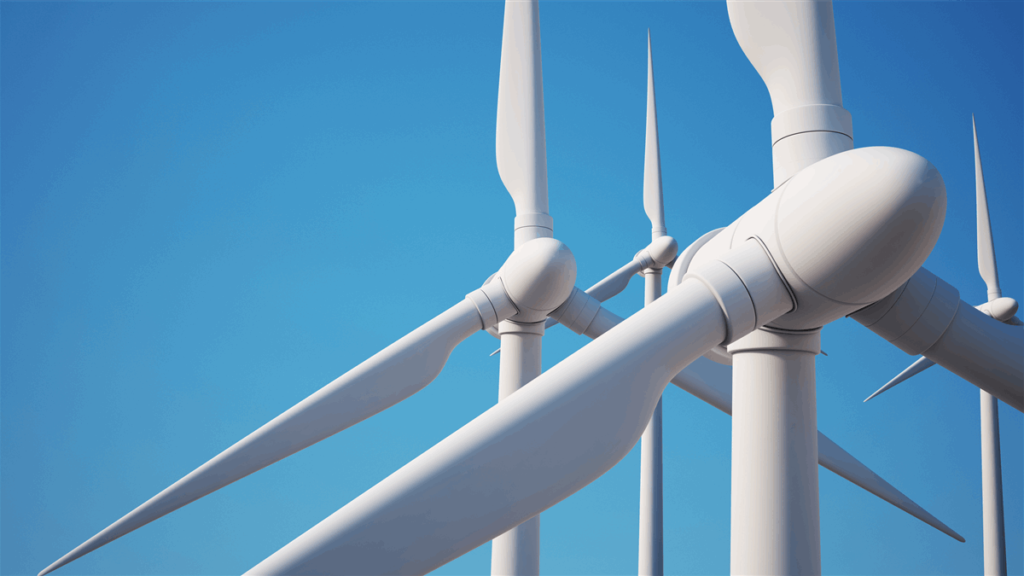
Energy Transition Still Means Billions in Fossil Fuel Investment

The energy crisis triggered by Russia’s invasion of Ukraine is increasing the world’s motivation to shift to low-carbon energy, but is also creating a near-term scramble for fossil fuels that will drive billions of dollars of new investment.
The U.S. and European countries are planning liquefied natural gas terminals that will be in service for decades. Coal demand is surging around the world and U.S. shale suppliers will be pressed to fill a potential supply gap for nations moving away from Russian natural gas.
The challenge for the world will be pivoting to cleaner technologies while also meeting current energy demand, executives and investors said Tuesday at BloombergNEF’s annual summit in New York. The transition is going to be bumpy, and it’s not going to happen quickly.
“We need fossil energy as part of this transition,” said Keo Lukefahr, head of energy derivatives and renewables trading at Motiva Enterprises LLC. “This is a long transition. This is not overnight.”
The gas market has been upended as nations seek alternatives to Russia, especially in Europe. However, current global output won’t be enough and that’s going to drive investment in new production, especially in the U.S. shale patch, Anastacia Davies, BNEF’s head of oil supply and U.S. oil said at the conference.
“The days of unchecked U.S. growth are likely behind us,” she said. “But that doesn’t mean that shale’s role is gone.”
The war may also help accelerate the green transition, said Bertrand Millot of Caisse de Depot et Placement du Quebec, Canada’s second-largest pension fund manager.
Countries are suddenly sensitive to energy security concerns, and are seeing the advantage of wind and solar farms that don’t require regular deliveries of fuel.
Guyana Oil Plan
Guyana has substantial oil reserves and is positioning itself to benefit from the crisis. It’s considering channeling resources into a national oil company to facilitate efforts to meet demand from industrialized nations, while also seeking to pursue climate goals.
“Demand for our resources is largely from the developed world,” said Bharrat Jagdeo, Guyana’s vice president, at the summit. “We don’t believe we are betraying a net-zero goal if we develop these resources,”
That’s hardly a universal view.
Justin Guay, director of global climate strategy for the climate-justice organization Sunrise Project, said some energy companies are cynically taking advantage of the current European energy crisis by planning costly infrastructure projects that will take years to complete and won’t address short-term needs.
“It takes three to five years to build a new LNG terminal,” he said. “Europe needs a new gas supply by the end of the year.”
But, while the Ukraine war has focused a spotlight on the global reliance on fossil fuels, it’s also identifying ways to get away from traditional energy sources.
“When everything is in chaos, it’s good to think about the job to be done,” said Jon Moore, the head of BNEF.
–With assistance from Josh Saul.
Published at Wed, 20 Apr 2022 11:00:10 -0700



